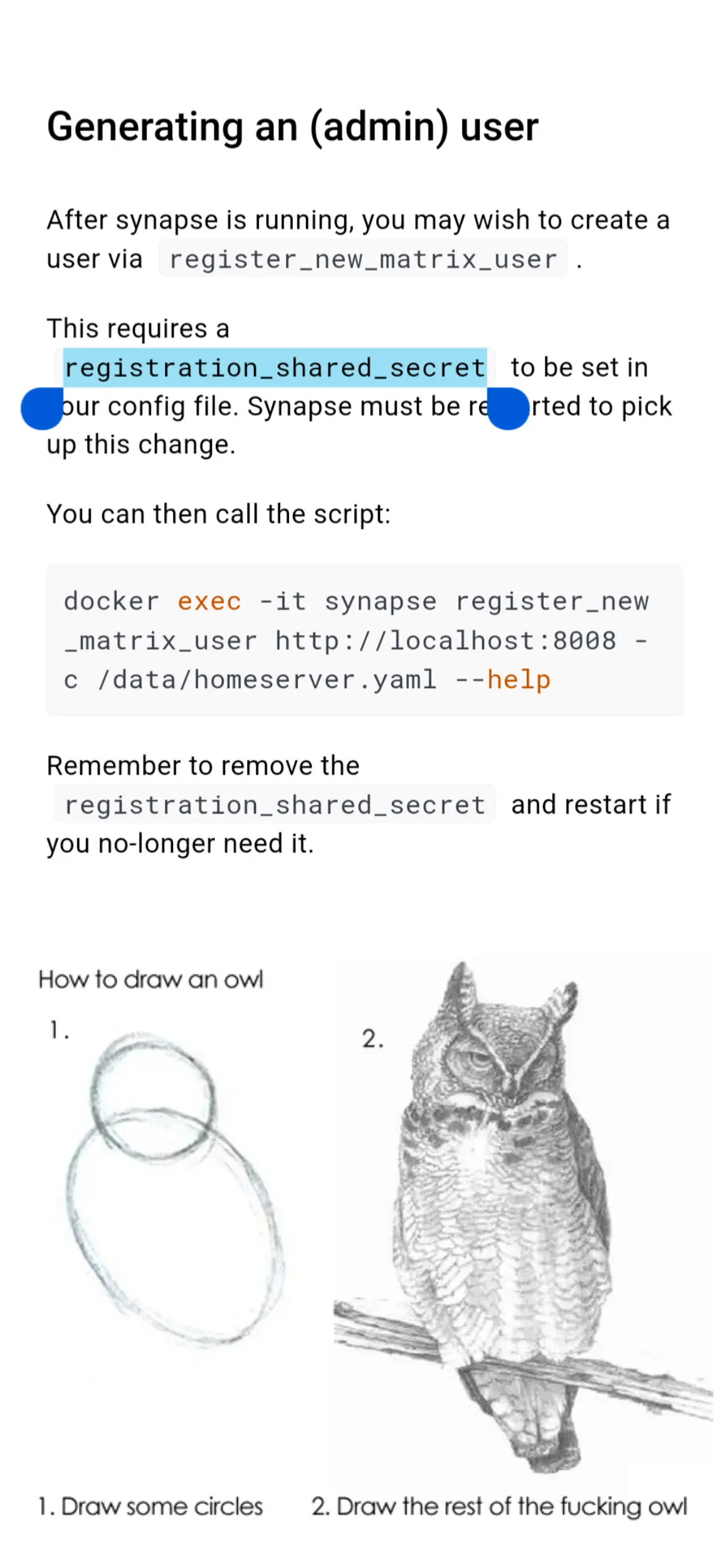view the rest of the comments
Selfhosted
A place to share alternatives to popular online services that can be self-hosted without giving up privacy or locking you into a service you don't control.
Rules:
-
Be civil: we're here to support and learn from one another. Insults won't be tolerated. Flame wars are frowned upon.
-
No spam posting.
-
Posts have to be centered around self-hosting. There are other communities for discussing hardware or home computing. If it's not obvious why your post topic revolves around selfhosting, please include details to make it clear.
-
Don't duplicate the full text of your blog or github here. Just post the link for folks to click.
-
Submission headline should match the article title (don’t cherry-pick information from the title to fit your agenda).
-
No trolling.
Resources:
- awesome-selfhosted software
- awesome-sysadmin resources
- Self-Hosted Podcast from Jupiter Broadcasting
Any issues on the community? Report it using the report flag.
Questions? DM the mods!

The mistake is the assumption of a certain level of end user knowledge.
You have to assume some level of end user knowledge, otherwise every piece of documentation would start with "What a computer does" and "How to turn your computer on."
I've found the best practice is to list your assumptions at the top of the article with links to more detailed instructions.
I do agree, manies have I found documentation saying "make a fresh install of Raspbian" as if I'm using the computer for this single issue
(Disclaimer: I am not running matrix on a Raspberry Pi)
Another case is listing a huge number of steps to do some task, without acting describing what the end goal for each set of instructions is (common in "how to" guides, and especially ones that involve a GUI).
This means that less technical users don't really understand what is going on and are just following steps in a rote way, and it wastes the time of technical users since they probably know how to achieve each goal already.
It's easy to forget what other people don't innately know (or can intuit).
Why's that a mistake? Not everything is built for a novice
I agree with this. When I publish my code, it is documented for someone in my field with around my level of knowledge. I assume you know DNS, I assume you know what a vector is, I assume you know what a dht is, I assume you know what O(log n) is.
I'm not writing a CS50 course, I'm helping you use the code I wrote.
Might be different for software like libre office which is supposed to be used by anyone, but most software on earth is built with other developers in mind.